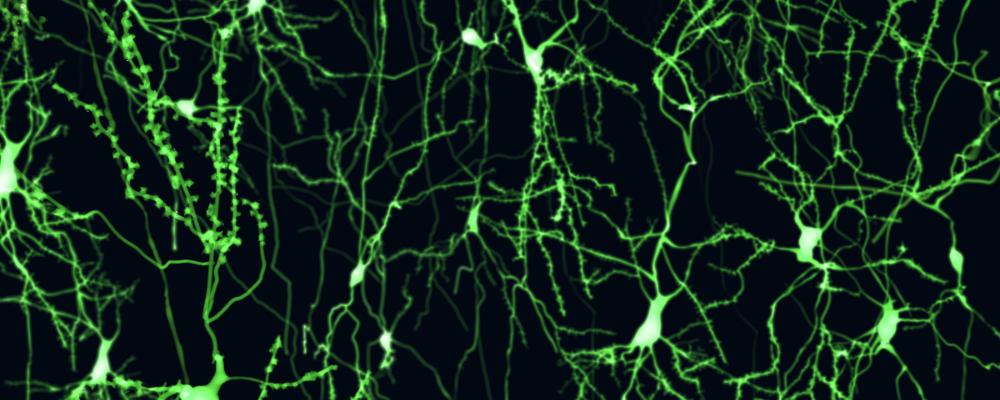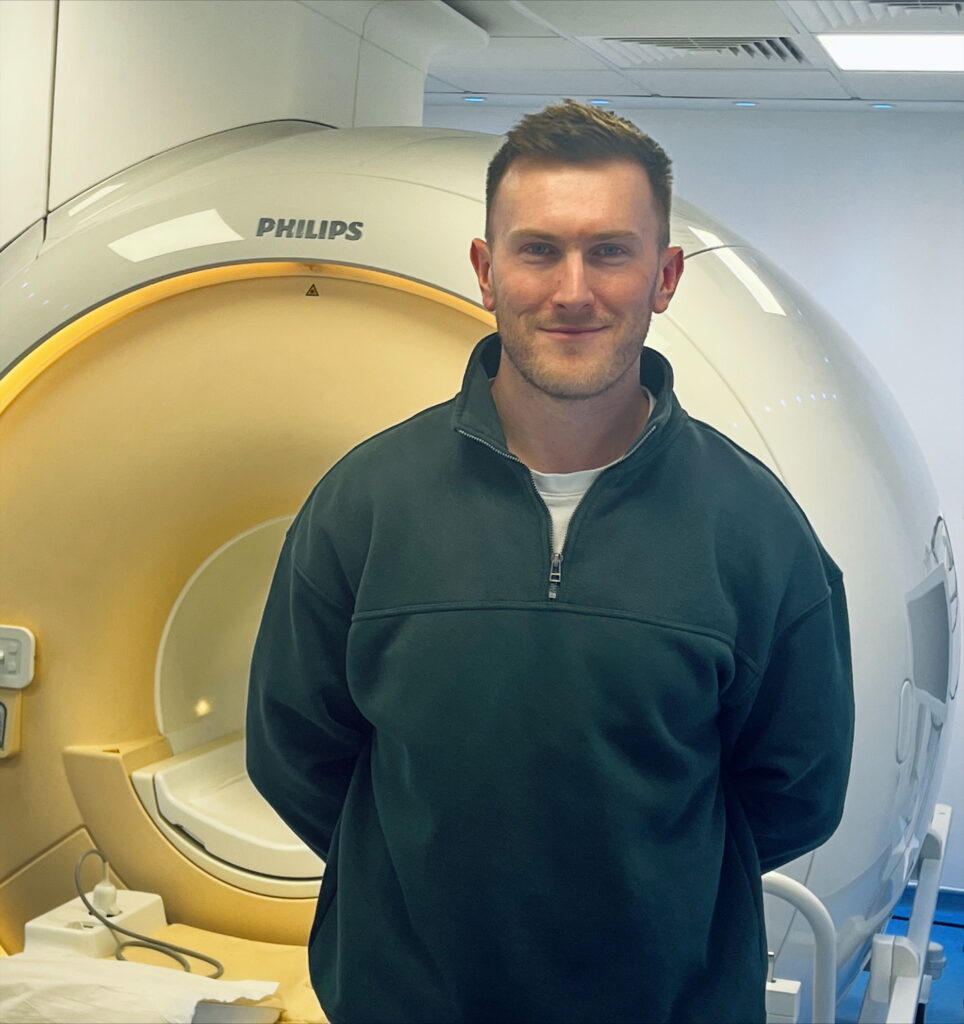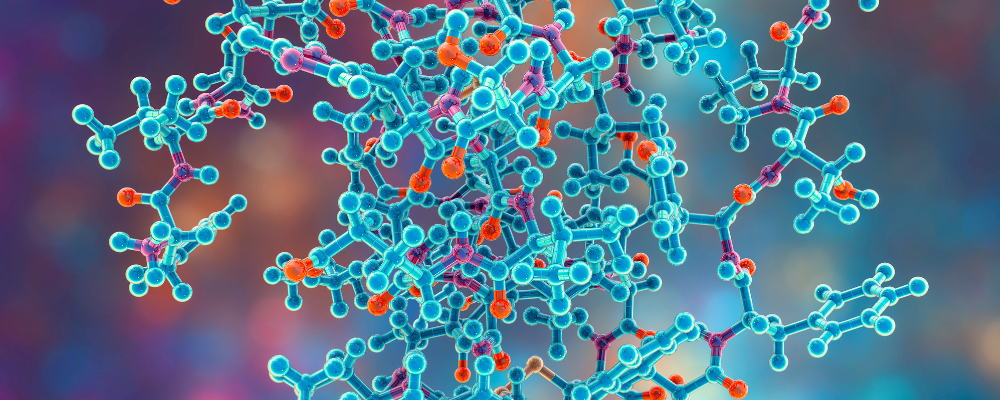
Unlocking new insights into disease mechanisms
Josh Thorley, University of Nottingham, UK
Physiological Reports Early Career Researchers Short Review competition winner (Postdoctoral category)
Curiosity helps with unpicking biological codes to unlock new insights into disease mechanisms. One such inquisitor is Josh Thorley, who is working on the redox code to identify novel techniques that could lead to more targeted health therapies. ‘Unravelling the redox code to improve physiological research in human health and disease’ is the title of his award-winning review for the Physiological Reports Early Career Researchers Short Review competition. We interviewed Josh to find out more about redox reactions and what uncovering the code means for the future of disease treatment and prevention.
“What excites me most is to understand how cells use redox reactions to regulate health,” exclaims Josh. “Redox biology holds so much untapped potential for improving treatments,” states Josh, discussing the therapies that could be developed to specifically target redox reactions and processes to treat diseases that are currently difficult to manage, such as neurodegenerative diseases and cancer.

“I never enter competitions,” admits Josh, “I thought, just go for it!” He saw the opportunity on social media, “It was a fairly quiet period, so why not make the most of the time and write a paper about my investigations into redox reactions”. He was thrilled to discover he’d won, “I phoned my partner and PhD supervisor, Dr Tom Clifford, to share the news”. Following the announcement of the competition results, Josh says, “It’s a great honour to have your work recognised,” adding, “it awards years of hard work”. He refers to the many years devoted to learning about redox biology techniques for his PhD.
Redox reactions underpin life
Redox reactions drive many crucial biological processes, so are essential for life. But what type of reactions are we talking about and why are they so fundamental? “Redox reaction is short for reduction and oxidation reactions. The process involves the transfer of electrons between molecules,” explains Josh. “In these reactions one molecule loses electrons, which is oxidation, while another molecule gains an electron, which is reduction.”
During his undergraduate degree at University of Bedfordshire, UK, Josh became fascinated with how cellular processes underpin everything from basic health to complex diseases. Then, his research in molecular biology and biochemistry during his master’s and PhD at Loughborough University, UK, led him into the field of redox biology, “I realised how fundamental oxidative and reductive reactions are to almost all physiological processes,” he says of the central role it plays in so many aspects of health and disease.
“What excites me most is to understand how cells use redox reactions to regulate health,” exclaims Josh. “Redox biology holds so much untapped potential for improving treatments,” states Josh, discussing the therapies that could be developed to specifically target redox reactions and processes to treat diseases that are currently difficult to manage, such as neurodegenerative diseases and cancer.
Unlocking the code
For his review, Josh outlined previous issues in the redox field, before emphasising the need to improve and search for innovative tools that could uncover the redox code. “This would allow us to better measure and understand redox reactions within cell and tissues. The process influences physiological pathways, including inflammation, ageing and the metabolic regulation” he explains. “This could unlock new insights into disease mechanisms and potentially lead to more targeted therapeutic approaches,” shares Josh, stressing how it is these advances in the field of redox metabolism that will be at the forefront of improving our understanding of human health and disease.
Decoding mechanisms
What methods are needed to crack the code? “We need a combination of techniques that can track the dynamic changes in redox states across different biological contexts,” explains Josh, adding, “this could include high resolution mass spectrometry, or advanced imaging techniques, like fluorescence microscopy.” He shares how redox sensitive probes and biosensors enable real-time detection of oxidative stress in living cells.
Progress with decoding the complex interplay of redox reactions in health and diseases is aided thanks to advancements in AI. “We are starting to use new computational tools that can analyse the massive amounts of data generated by our techniques and equipment,” states Josh.
Once the redox mechanisms are identified and understood means more precise and effective treatments can be developed. A potential could be using a targeted redox balance as an avenue to treat neurodegenerative diseases, like Alzheimer’s and Parkinson’s, where oxidative stress or distress plays a key role in neuronal degeneration. “Redox based therapies could slow down cancer progression, or improve the effectiveness of existing treatments,” adds Josh, explaining that redox alterations are involved in tumour growth.
Questioning the evidence
Wandering how processes can be manipulated for health gains has driven Josh down a rabbit hole of questioning and wanting to know more. This inquisitiveness has helped him go from an undergraduate in sport and exercise science to a research fellow. “Always ask why” advises Josh. A piece of guidance he follows often, “whether it’s in my experiments or while reading literature.” He encourages ECRs and researchers to remain curious and to challenge assumptions, “it can open up so many new avenues of thought”.
He also reminds us how easy it is to get caught up in the details, especially when working in academia. “Taking a step back to consider the bigger picture has been incredibly valuable in shaping my research.” The methods have shaped Josh’s career and path so far. Good advice to follow given some of the reactive oxygen species involved in redox reactions, such as superoxide and hydrogen peroxide, were once demonised for the damage they could inflict on biomolecules and our health but are now recognised as key controllers in cell signalling, albeit at low concentrations.
Puzzle solving to clinical practice
“It is incredibly humbling to see my ideas contribute to the exciting and growing field of redox biology,” Josh says of the Physiological Reports review award. He adds, “It’s a big stepping stone, as winning this award not only gives me a platform to share my research with a broader audience it also helps to establish my credibility in the field of redox biology.” He is hopeful of the opportunities that could arise from this, collaborating with other individuals in the field, support for grant funding, as well as the chance to present his ideas at conferences.
“The more time I spend researching and working on redox reactions, the deeper my curiosity and captivation grows,” shares Josh. He is currently exploring how nutritional compounds can benefit the reactive physiological processes in the body. Investigating how a novel milk formula, which is specifically designed to be low in lactose, may improve the gastrointestinal experience for Asians, a population for whom lactose intolerance has been commonly reported in research. The team is using MRI techniques to visualise how the colon responds to the experimental milk formula.
After exploring how dietary interventions can promote redox adaptations, Josh hopes to work on translational research, where redox based therapeutics can be applied for clinical practice, possibly focusing on cancer, neurodegeneration or cardiovascular diseases.
Read Josh’s award winning review, ‘Unravelling the redox code to improve physiological research in human health and disease‘ published in Physiological Reports.



